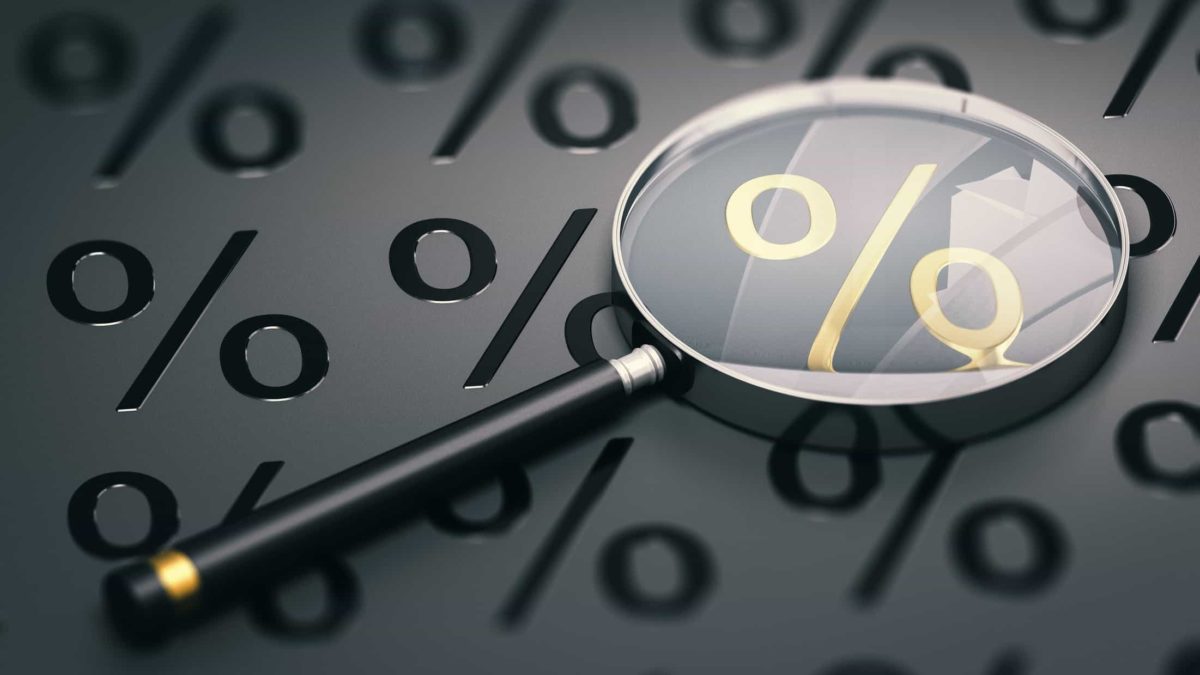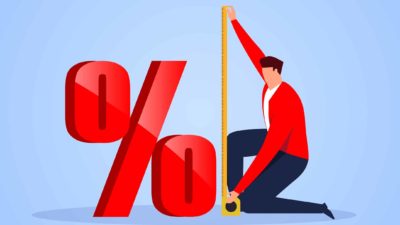The Reserve Bank of Australia (RBA) has continued to increase interest rates to try to tame inflation and cool the economy. In this article, we'll look at what this could mean for S&P/ASX 200 Index (ASX: XJO) shares.
It is showing increasing devotion to getting inflation back down to its target range of between 2% to 3%. The RBA noted that recent data reflects a rising risk to the inflation outlook, so the RBA responded to this by increasing the cash rate target by 25 basis points (0.25%) to 4.10%.
The Australian central bank is seeing very high service price inflation, and this is "proving to be very persistent overseas". It's also keeping an eye on unit labour costs, which are "rising" briskly with productivity growth remaining "subdued".
The RBA then indicated that "some further tightening of monetary policy may be required to ensure that inflation returns to target in a reasonable timeframe, but that will depend upon how the economy and inflation evolve."
How high will interest rates go?
If we go back a year ago, I don't think many or any, investors were thinking that interest rates would be above 4%. But here we are.
According to reporting by The Australian, Commonwealth Bank of Australia (ASX: CBA) head of Australian economics Gareth Aird bumped up the interest rate projection for the peak to be 4.35%, expected by August. He thinks this will hit the economy harder, and pushed back the prediction for the first RBA rate cut forecast to the first quarter of 2024.
Capital Economics thinks that the RBA will increase to 4.85% because of the hawkish tone of the RBA governor Dr Lowe and the "acceleration in unit labour cost growth". The 4.85% rate is expected by September. It's expecting a mild Australian recession in the second half of the year.
Goldman Sachs also thinks that the RBA interest rate will reach 4.85%.
What does this mean for ASX shares?
Interest rates can have a very large impact on ASX shares. For starters, it can impact the cost of debt for businesses and hit their customers' ability (and confidence) to pay for goods and services.
Blackrock's leader Larry Fink recently said after a visit to Australia:
It's hard for me to see how inflation is going to arrest itself. Some of this inflation is very structural – it's not something that is temporal. The world is just at a point now where inflation is elevated in Europe, elevated here in Australia, elevated in the United States, and relative to where it was elevated in Japan.
Fink believes that interest rates are going to stay higher for longer as central banks struggle to get inflation under control. He thinks markets will adjust, though the process "will be bumpy in parts", according to The Australian reporting. There could be more stress in commercial real estate, but he believes the financial system has the resilience to absorb it – he's wary of where markets are but "not bearish by any means".
In theory, interest rates are meant to act like gravity – the higher they go the more it's meant to pull down on asset prices. It's interesting that share markets have risen in 2023 despite central banks continuing to push interest rates higher. We're not seeing the same fear as last year.
I think there could be some more volatility ahead as rates stay higher for longer than some investors are expecting. There could be some specific areas of pain in the market, but cyclical names could prove to be opportunities.









